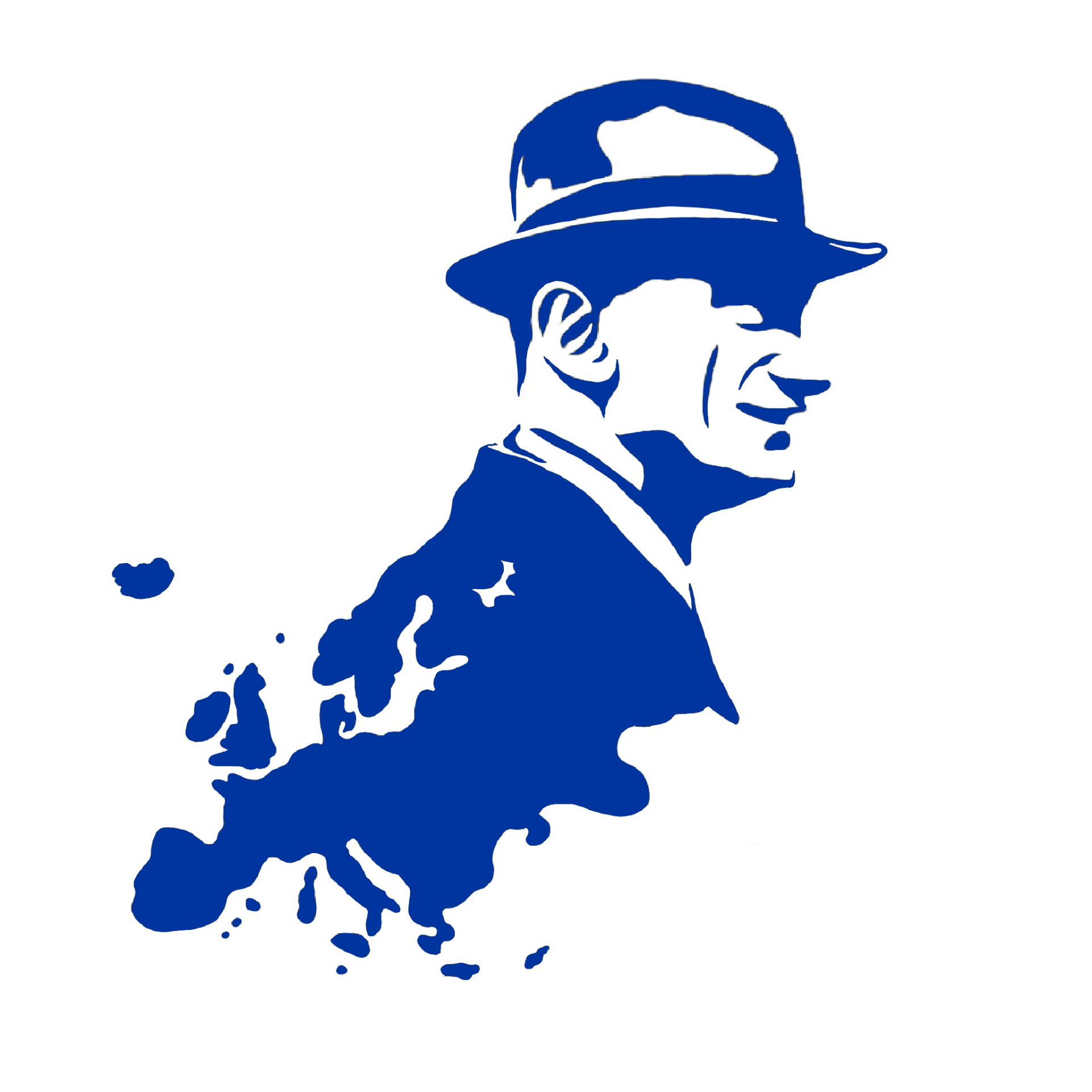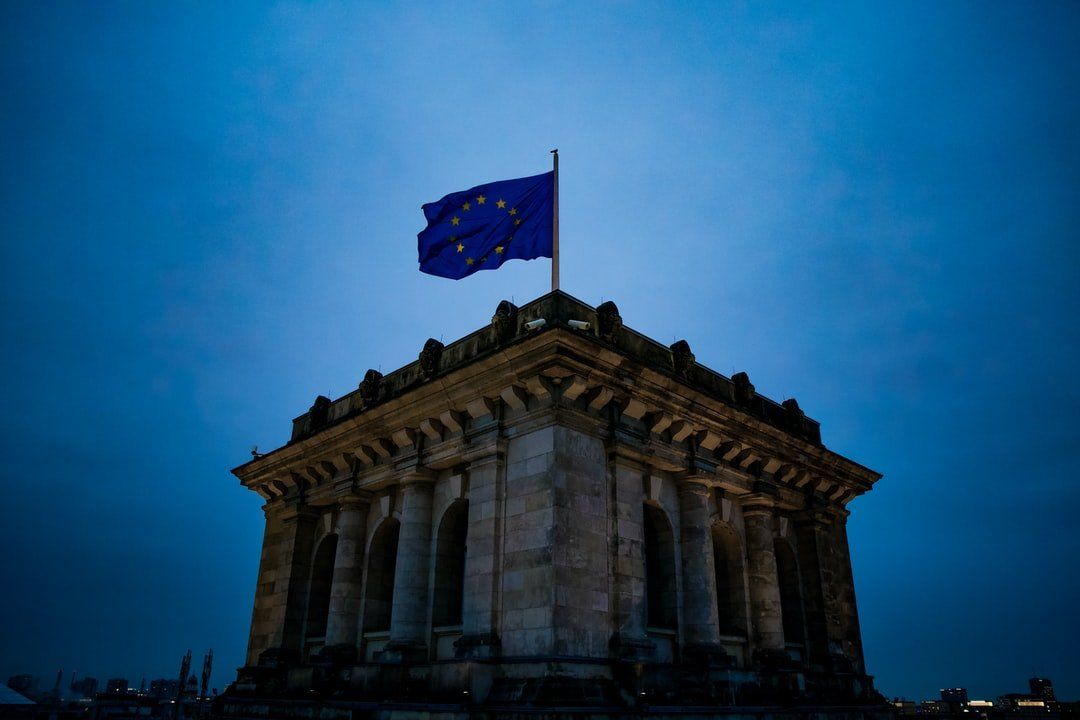Europe today & tomorrow
The Schuman Declaration of May 9th 1950 has made it possible to achieve transborder peace and European integration.
With the EU struggling to maintain its unity, there has never been a better time to look into the beginnings of the unification process. Robert Schuman, one of the main Founding Fathers, was the only unanimously acclaimed “Father of Europe” by the now called European Parliament. His vision is still highly topical. It provides a refreshing view on current European society, gives an insight into the cause of the problems and supplies a frame of reference that can be used to work on a solution.
Europe was now marked not only as a cultural, but also as a political entity which made several factors such as supranationality, the creation of a single market, and peace possible. It is this Declaration that established the Europe we know today. It has been over 70 years since the production of coal and steel were placed under one High Authority.
Today we still enjoy the fruits of the Schuman Declaration of May 9th 1950, as we - the Member States - have not been at war with each other for over 70 years. It’s an incredible achievement. At the same time the EU is far from perfect. Schuman warned for integrating too fast as the psyche of the people would not digest it properly.
We are still at the start of things. We would do well to bridle our impatience. If not, we are likely to make the doubters more distrustful and what is more serious, endanger not only the experiment but also the whole idea of a united Europe.
The EU can be great at micromanagement, while being indecisive about major issues. And how much European solidarity do we really have? The cracks with issues relating to Brexit and the refugee crisis within the European project aren’t that hard to see in some European countries.
With the EU struggling to maintain its unity, there has never been a better time to look into the beginnings of the unification process. Schuman's vision is still highly topical. It provides a refreshing view on current European society, gives an insight into the cause of the problems and supplies a vision that can be used to work on a solution.
Now, it is your turn.
We want to invite you to think, reflect and review how the position of the European Union has transformed over the years and whether or not Schuman's vision is still applied today.
If Schuman would be here today, what would he think?
He would see a large group of diverse countries with a shared heritage working together in an often great way, but he would also see many points for improvement.
How do you look at Europe?
Do you think that the EU still has some points of improvements or do you believe that it is as good as it gets?
Where is Europe today and where should it be tomorrow?
Tell us more about what the future of Europe will entail and how this can be translated to today's society.
If you’re not European, would Schuman’s vision work for your country as well?
Maybe coal and steel can be replaced by water and energy as drivers for peace in for example the Middle East.
This may seem wishful thinking, but don’t forget that the peaceful Europe of today was not long ago the center of the two most horrible wars in history. One man and one idea can change everything.
Send us your thoughts with the #FatheroftheEU #thefuture and make sure to tag us @fatheroftheeu as we need to keep discussing Schuman's revolutionary topical vision and finding a way on how we can keep his principles alive for the next generation.



